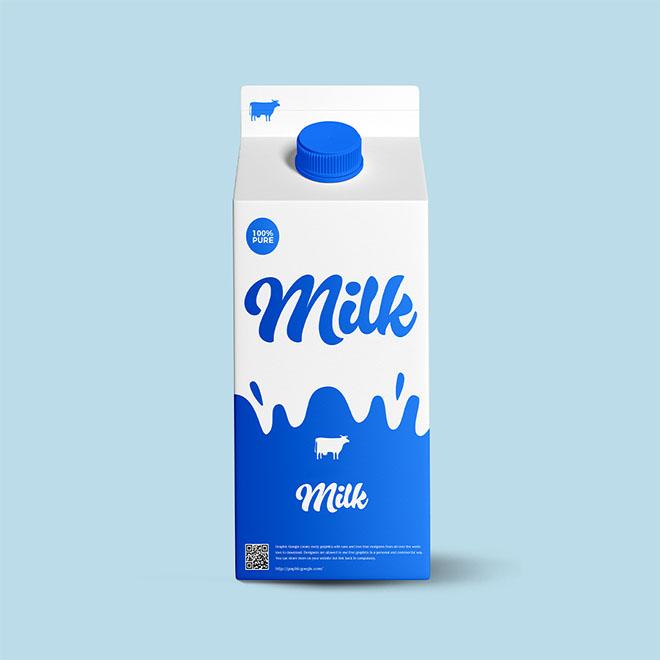Milk




The United States is the largest producer of dairy milk; dairy farms in the U.S. produce approximately 23 billion gallons of milk each year. All 50 states produce milk and California produces 21% of the milk that comes from the United States.
Up to 95% of milk’s content is actually water. The remaining volume comes from carbohydrates, proteins, vitamins, and fat. Whether you drink whole or skim milk, the calcium and nutrient content remains the same.
Keep milk refrigerated. Once opened, milk is safe to consume for up to 7 days. Even ultra pasteurized and canned milk found in the non-refrigerated aisle are perishable once opened.
Do not buy or drink milk that has a sour smell, an off-white or yellowish color or clumpy texture.
If a permanent tooth gets knocked out, dropping the tooth in a glass of cold milk could help preserve it until a dentist can put it back in its socket.
Next time you’re boiling water for corn, add a hefty splash of milk. Boil your corn in this mixture and you’ll notice that the finished corn has a richer, sweeter taste.
Powdered milk can be mixed with water and used as a substitute for shaving cream or as a face mask.
Milk is pasteurized to prevent microbial growth. Ultra-high temperature processing (UHT) heats milk above 135 °C and was first developed in the 1960s. UHT milk has a unrefrigerated shelf life of six to nine months.
People who are lactose intolerant are not able to digest the sugar (lactose) found in milk.
Goats, sheep, camels, apes, reindeer, and water buffalo all produce milk.
If you have leftover milk, pour it into ice cube trays and place in the freezer until you need milk in a recipe.
Replace water with milk for richer, moister baked goods.
Make scrambled eggs creamier by adding a splash of milk.
You can use milk in place of cream for most gently cooked sauces. Just add a sprinkle of flour to thicken.
Milk is a valuable source of Vitamin B12, an essential vitamin that keeps the body's nerves and blood cells healthy.
Maintaining bone mass is important since the cells in bones are broken down and rebuilt daily. Milk products provide calcium, which aids the body in maintaining bone mass.
Calcium is also important for maintaining a healthy heart, proper blood clotting, thyroid function, nerve impulse transmission, and muscle contraction.
Corrections or improvements? Email us at
content@sidechef.com